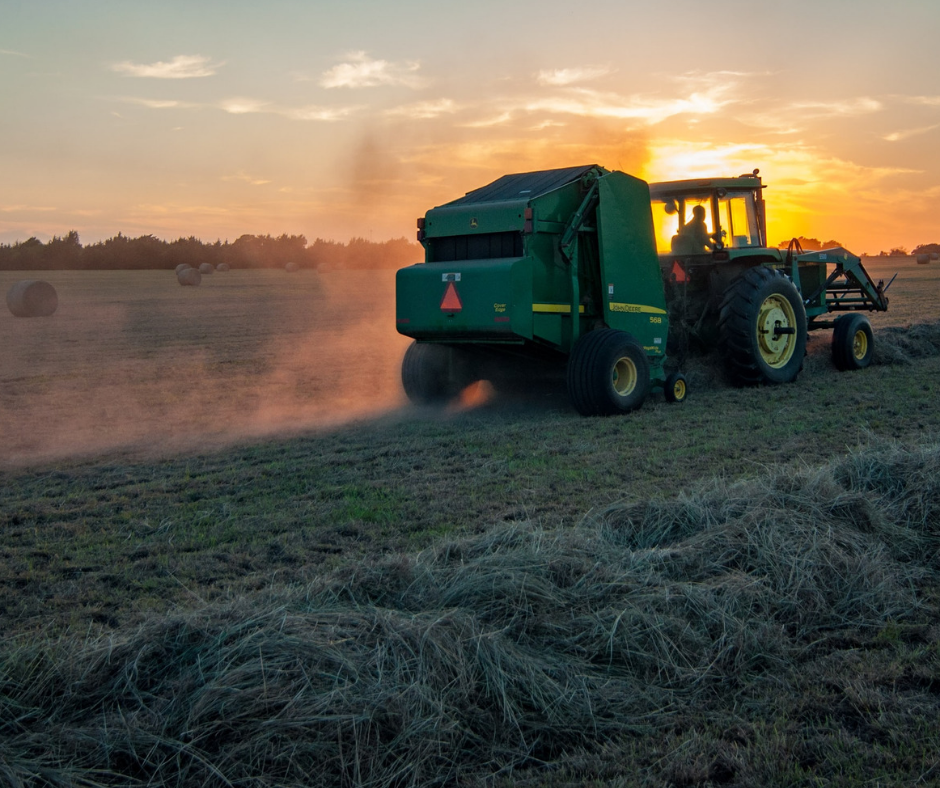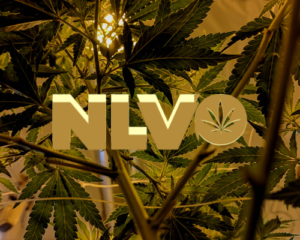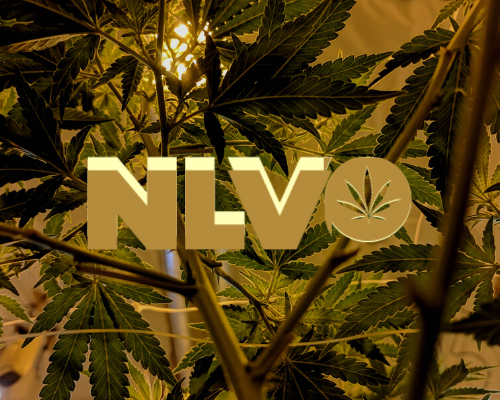For a lot of people, cannabis wasn’t a thing until 2012. It’s hard to believe; but, a life before dispensaries and branded delivery services is unheard of for some. In reality, everything we have today has been decades, even centuries, in the making. Legacy farmers across the country have been growing cannabis long before the first recreational bill took effect. In Oklahoma, particularly, lax regulation and low barriers to entry keep those small-farm businesses alive and well. In our time in Oklahoma, we got to meet a few of these growers, exploring all the ways the state, and cannabis, has changed since legislation has been rapidly occurring.
A common denominator with every grower from the years before recreational weed is freedom. The concept of operating freely in this industry is the foundation for quite a few. You might not expect much from Oklahoma, a fairly conservative state on the edge of the bible belt. Behind assumptions are a vast number of people pursuing something bigger in cannabis. As cannabis in the state grows bigger, however, keeping up with the demand is becoming an issue. Unlike Las Vegas, there isn’t an astronomical tourist count boosting the local economy. On top of that, the population is much smaller than most of its cannabis counterparts, especially in consideration of how many businesses exist in the market. So, in environments where small cannabis is fighting to prevail, what do legalization and expansion feel like?
ECONOMIC PROSPERITY
Medical cannabis farmer, Brandon Rust, sees different sides to the evolving cannabis market. Regardless of what type, there is an influx of economic growth wherever cannabis is legalized. With smaller, less-controlled, cannabis, Brandon explains, you get carefully crafted cannabis. Brandon’s been cultivating since 2002, moving from San Diego and Oklahoma in 2019. Back then even, he says the industry was under-developed but crowded with new business. After growing in California, however, he has seen how these things can play out.
In other states, the fees of entry keep a lot of competition out. With licensing and fees alone running upwards of $500,000, and liquid capital in the millions, it’s not viable for everyone. Additionally, no cities or counties in Oklahoma can outlaw dispensaries and grow operations. This is a huge difference from most states that allow cities to vote against a cannabis business operating in the area. Brandon further explains that combined, the low barriers spread income across the community from HVAC, realtors, electricians, and so on. To him, smaller craft cannabis, like what Oklahoma gets to create, helps the community more than corporate cannabis.
Despite all these things, there is still a fight. These legacy farmers come from a different era of cannabis. The expected transition from their to the licensed industry with seamlessness is one thing, but expectations don’t end there. Today, it’s inflation and taxes; a growing pain for most states. Oklahoma’s laws have a rush of people moving in for cannabis, even finding loopholes in legislation to take advantage of the new market. The demand from the smaller legacy farms, the rapidly growing market, and the loose rules and ethics have earned the state the title The Wild West of Weed.
THE WILD WEST OF WEED
Brandon goes on to lament the law markers in place. When it comes to making the laws more easily accessible to residents and controlling the influx of those moving in, neither seems to be a priority. With recreational cannabis in talks and the state’s revenue being more than $831 million, he hopes the passion for small-batch craft cannabis and farming as a whole remains. Rust has his medical cannabis farm, Black Label Organics, and also sells growing supplies for organic and science-driven cultivation, Bokashi Earthworks.
Legacy farmers refer to those with either generations of training through family or land ownership. In cannabis, it’s the people who fearlessly produce the plant that we all consume. Before it was trendy or cool, many put themselves on the line for cannabis. In the end, the state’s new nickname may be even more fitting than what it first seemed. Brandon could see interstate cannabis helping their market even more in the future. Small farmers have a different playing field to compete on. Given reasonable taxes, he says “it could be a huge help to small states as well as help introducing new brands.”
At the moment, Oklahoma is an island of cannabis legislation. Furthermore, the state is still very harsh with cannabis, with higher numbers of cannabis-related arrests than every state but Louisiana. Brandon hopes the surge in cannabis interest will change the overall view and stigma. At the same time, whoever, he urges his fellow cannabis lovers to hold cannabis to a higher standard and lawmakers accountable.
“We have to move with the same ideals and goals despite our other differences. Collective Energy gets the job done!”
-Brandon Rust







